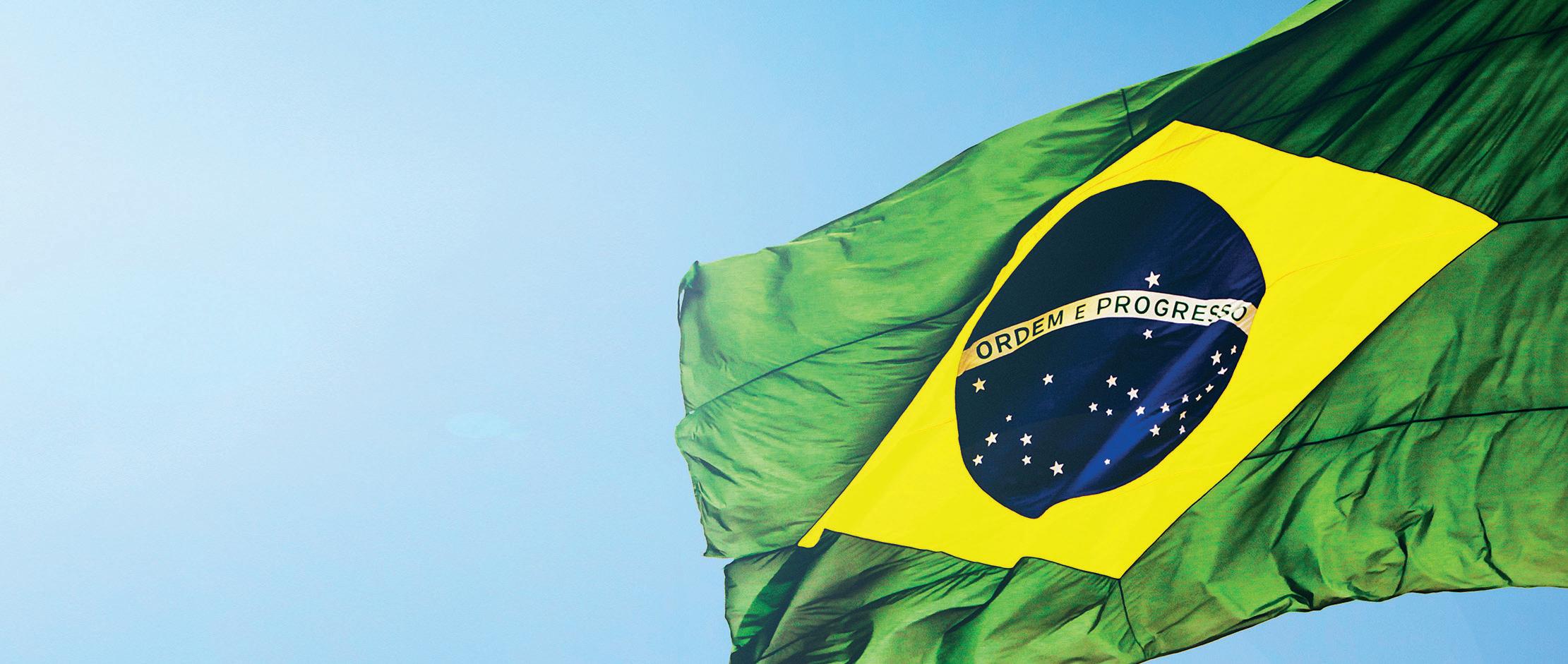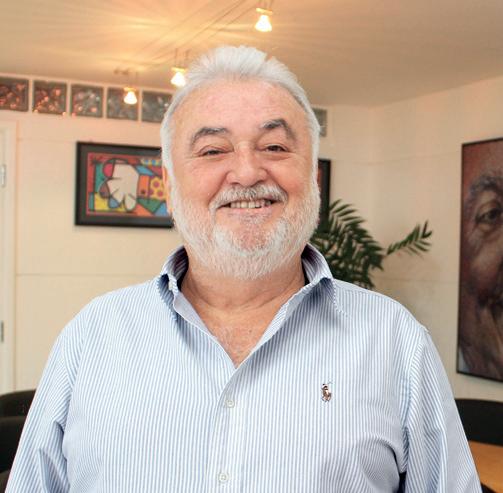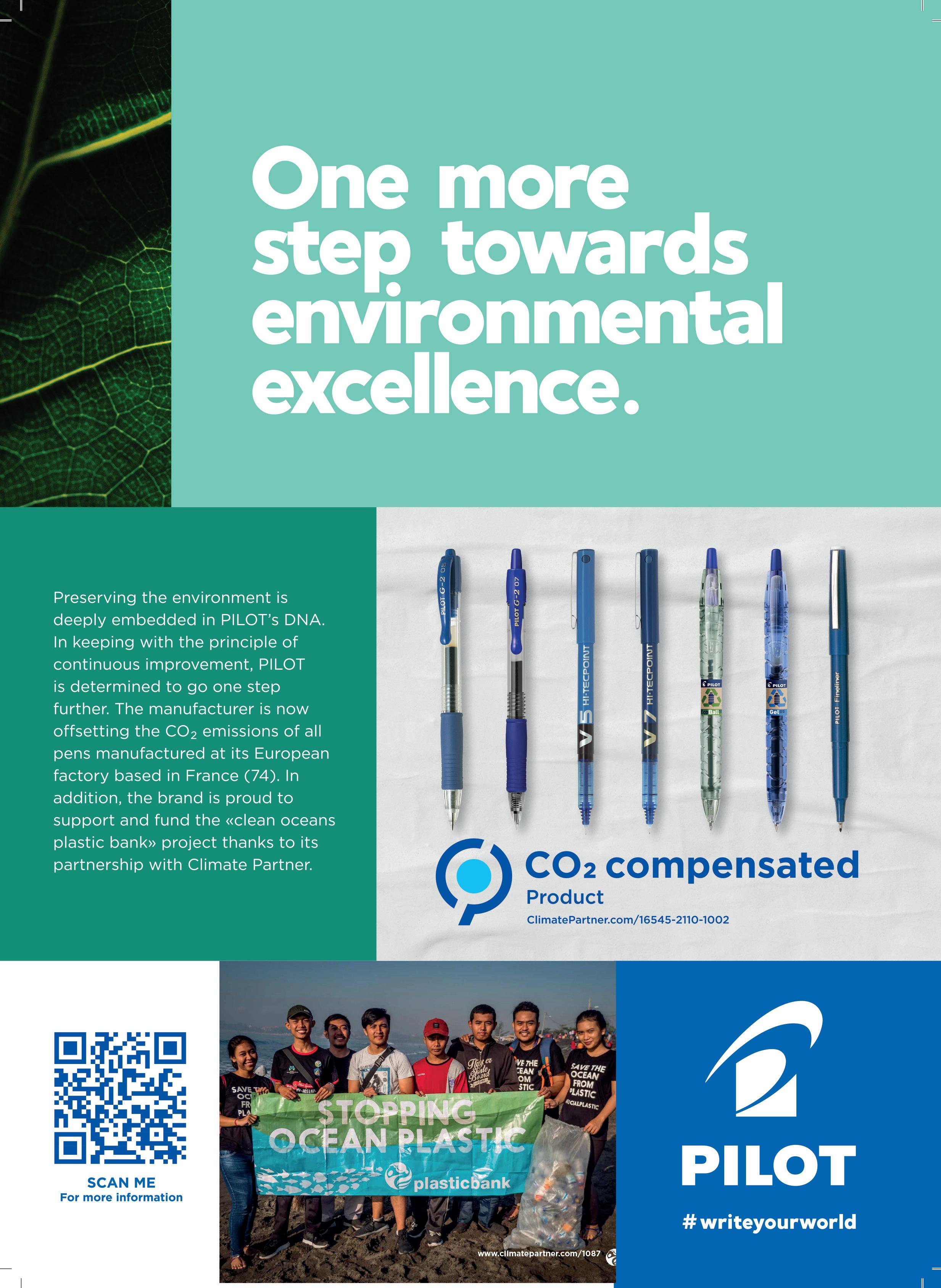
3 minute read
Opinion
Education
SHIFTS IN BRAZIL
After an excellent 2020 back-to-school (BTS) campaign in Brazil (Editor’s note: the academic year in Brazil starts in January), office supplies and stationery retailers in the country experienced a dramatic shift in their operations with the lockdowns that began in March caused by COVID-19.
Stay-at-home orders and social isolation took millions of students and professionals out of circulation. It also brought many negative impacts on consumption and created great challenges for producers, importers and retailers.
DIGITAL TRANSFORMATION
At the same time, the pandemic accelerated the digital transformation in the retailing and education sector. It was a trend that was already present, mainly in higher education but, in a very short period of time, it became mandatory to be digitally savvy for the entire sector, including both primary and secondary schools. The importance of technology cannot be overstated in terms of making distance learning and homeworking a possibility and reality.
At Kalunga, we saw a 44% surge in demand for notebooks and PCs in 2020. We also saw a major shift to our digital platform by customers – online sales accounted for 24% of our total revenues in 2020, more than double compared to the prior year when it was just 11%.
Throughout 2020 and the first three quarters of last year, all education was conducted through distance learning. As such, the 2021 BTS season was significantly affected. Added to this, students had barely used the school supplies they bought in 2020 which meant parents were reluctant to spend more on these items.
According to a survey by the Instituto Brasileiro de Geografia e Estatística (IBGE – the Brazilian Institute for Geography and Statistics), as of March 2021, the publishing and stationery sectors had accumulated 14 consecutive months of decline in sales, resulting in a 19.7% drop year on year.
In view of Brazil’s size and the complexity of its cultural and social diversity, the pandemic brought several challenges to the country’s education sector. The ultimate effect was a surge in school truancy which, in 2021, increased by 171% compared to 2019, according to a report published by education organisation Todos Pela Educação (All for Education).
This was in addition to a significant loss in the quality of education, which will have to be addressed by both educational institutions and the Brazilian government.
HOPE FOR THE FUTURE
But there’s light at the end of the tunnel thanks to Brazil’s vaccination campaign – roundly accepted by the majority of the population – which has been curbing infection rates as well as hospitalisations.
The forced adoption of technology in all walks of life, including education, has become the new status quo. It is hoped that this will be further developed in the coming years, as hybrid teaching and technology-orientated learning – especially through gamification – have been identified as great opportunities for students. Both stimulate interest, increase participation, develop creativity and autonomy, and promote dialogue and problem-solving.
The main BTS period in Brazil is currently in full flow. We anticipate double-digit growth at Kalunga, in the region of 15-25% against 2021.
The post-pandemic process will continue to revolutionise purchasing behaviour as a result of a new set of parameters which include:
• the speed of available information • the evolution and growing engagement of social networks • the relationship of consumers with brands • a growing awareness of social and environmental factors • unprecedentedly fast advances in technology.
All of the above will bring many challenges for the business supplies industry and its entire supply chain. They will force channel participants, from manufacturers to retailers, to comprehensively reinvent themselves. But they will also result in a great deal of new opportunities.
For more information on Kalunga, please visit the Top 100 Directory on opi.net











